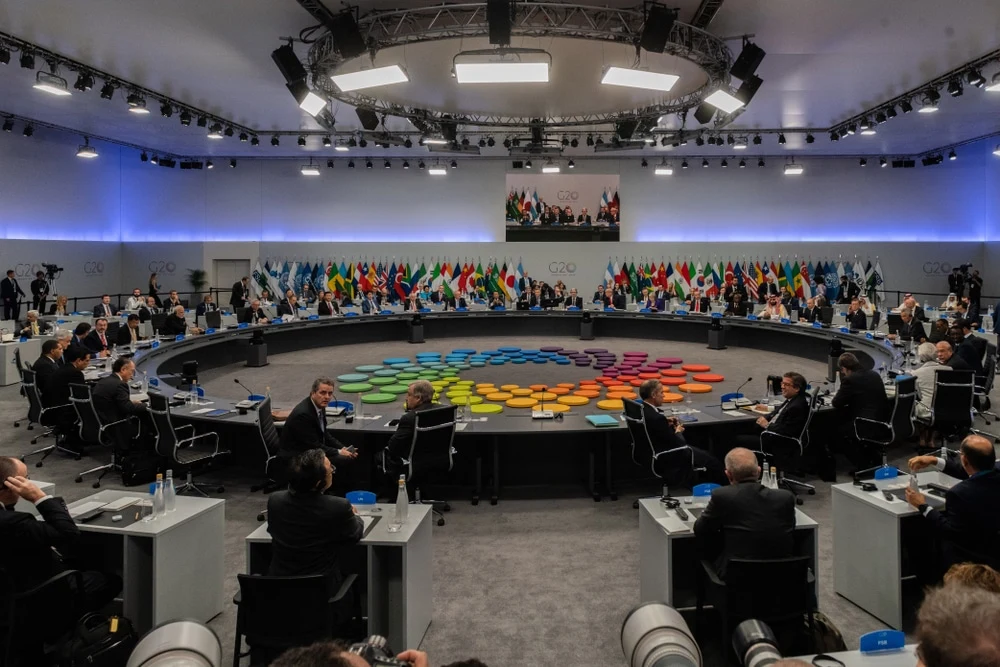The United States has highlighted resolving the debt crisis in low-income countries as its foremost priority for the upcoming G20 summit, where over half of these nations are facing significant debt distress, according to Daleep Singh, the US G20 Sherpa and Deputy National Security Advisor (NSA). The next G20 meeting is set to take place in Rio de Janeiro, Brazil, in November 2024.
At an event titled ‘India-US Economic Partnership,’ hosted by the Observer Research Foundation (ORF), Singh underscored the urgency of addressing the debt crisis, noting that more than 50 percent of low-income countries are either in or on the brink of debt distress. Many of these countries are spending more on servicing their debt than on essential areas such as healthcare, education, and infrastructure. Singh pointed out that a substantial portion of these debts is owed to wealthier nations, notably China, which has become a major source of development finance in recent years. He stressed the need for a collective solution to this issue.
Reflecting on last year’s G20 summit in India, Singh praised New Delhi’s ability to achieve consensus among nations with diverse values and interests. He emphasized that the upcoming summit in Rio will be crucial, especially considering it will occur just two weeks after the US elections. Singh commended the previous summit in Delhi as a notable achievement in multilateral diplomacy but acknowledged that reaching consensus might be more challenging this time.
Singh also addressed the role of American capital and technology in building alliances, suggesting that economic and technological cooperation is more effective than sanctions. He pointed out that many countries, which have not participated in the US-led sanctions, represent a significant portion of the global population. Therefore, fostering alliances through economic and technological means is essential.
Amitabh Kant, India’s G20 Sherpa, commended New Delhi’s G20 agenda, particularly its focus on Sustainable Development Goals (SDGs), green development, and technological transformation. However, he also highlighted major global challenges, including ongoing conflicts like the Russia-Ukraine war and the Middle East crisis, which have caused significant humanitarian issues. Kant stressed that climate action is another critical issue, noting that 2023 was the hottest year on record and that 2024 is expected to be even warmer. He also mentioned the need for regulation of emerging technologies, such as AI and quantum computing, which have the potential to greatly impact global productivity and innovation.
Additionally, Kant emphasized the importance of India’s participation in global value chains and its potential for economic growth through exports. He drew parallels to the successful export-driven economic strategies of countries like Japan, Singapore, and Taiwan, suggesting that India could achieve similar growth by enhancing its export performance.
Overall, the discussions at the event highlighted both the challenges and opportunities facing the global community as it prepares for the next G20 summit, with a focus on economic stability, technological advancement, and international cooperation.







